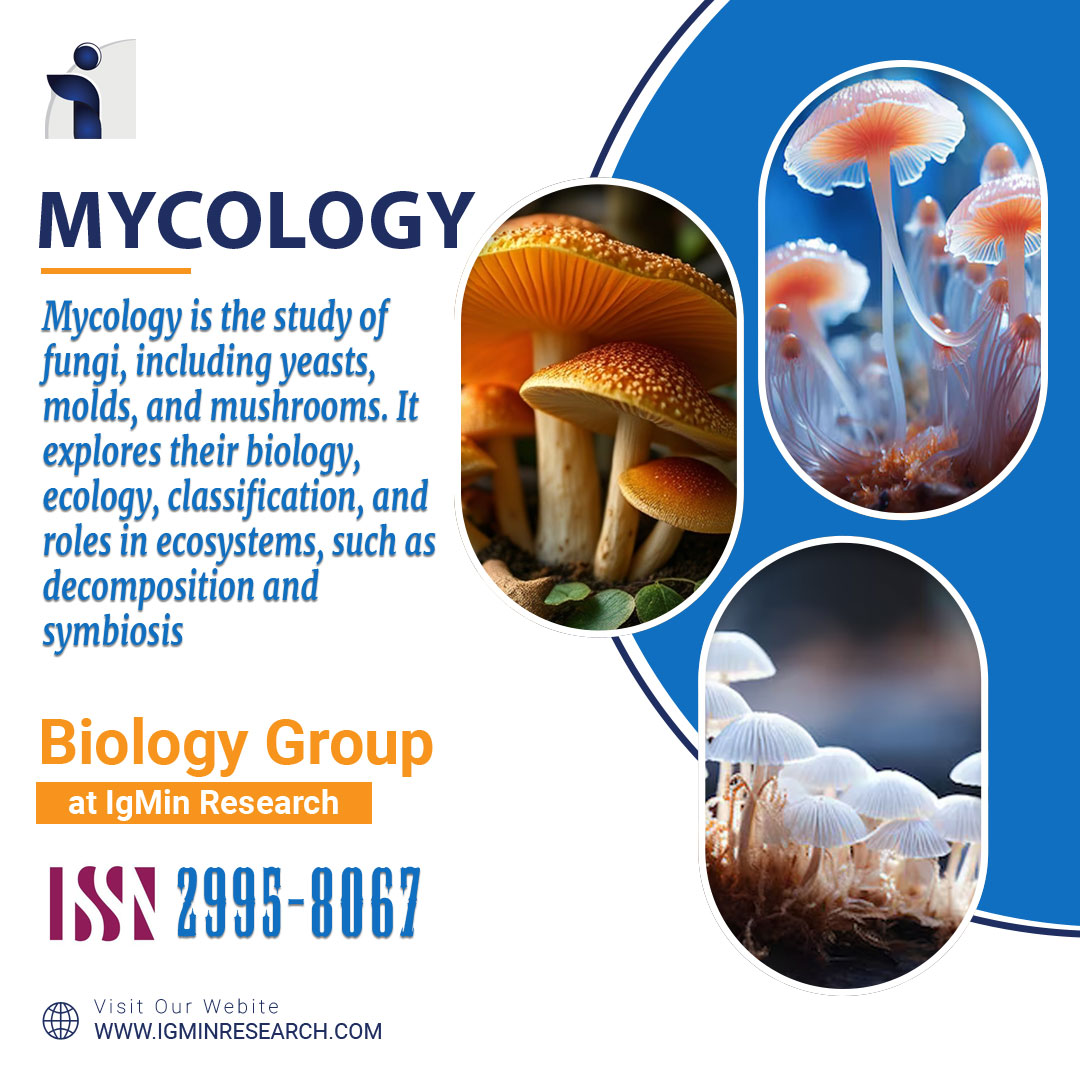关于
Mycology is the branch of biology that focuses on the study of fungi, an immensely diverse group of organisms that include yeasts, molds, and mushrooms. Fungi play a vital role in ecosystems, acting as decomposers, symbiotic partners, and even pathogens. They are essential for nutrient cycling, promoting plant health, and maintaining ecological balance. The study of mycology delves into the fascinating world of fungal biology, from understanding their growth and reproduction to exploring their biochemical and genetic properties. This field bridges ecology, microbiology, and genetics, offering a wide array of insights into fungal diversity and function.
In addition to their ecological importance, fungi have practical applications in medicine, agriculture, and industry. Mycology contributes to the development of antibiotics, immunosuppressants, and other therapeutic agents, as well as innovations in biotechnology and environmental remediation. Research into fungal pathogens and their interactions with humans, plants, and animals is crucial for combating diseases like candidiasis, aspergillosis, and plant blights. As the role of fungi continues to expand in biotechnology and medicine, mycology remains a dynamic and essential field of study for researchers worldwide.

探索 IgMin 科目
现在哪些文章在热门?
研究文章
- Cyber Threat Analysis (CTA) in Current Conflicts
- Effect of Rainfall on Water Parameters in Recreational Lakes in Heidelberg, Germany
- Current Oscillations and Resonances in Nanocrystals of Narrow-gap Semiconductors
- Enhancing Material Property Predictions through Optimized KNN Imputation and Deep Neural Network Modeling
- The Lukala Cement Plant's Life Cycle Analysis: Towards a More Sustainable Production
- Ammonia: A Trend of Dry Deposition in Vietnam
Advertisement






